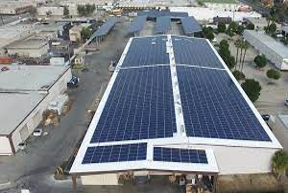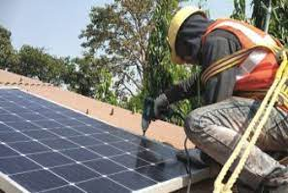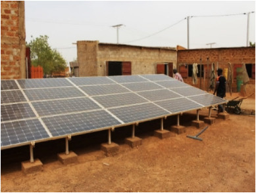Green Energy
Alternate Energy Potential in Sindh
Sindh, Pakistan, has significant potential for alternate energy sources, including solar, wind, hydro, and biomass. These sources can help reduce dependence on fossil fuels, mitigate climate change, and provide energy access to remote areas.
Key Statistics
- Solar Energy: Sindh receives high solar irradiance, with potential for 2,500 MW of solar power generation.
- Wind Energy: The province has a 360-km coastal area with wind speeds suitable for wind farms, potential for 2,000 MW.
- Hydro Energy: Sindh has several rivers and canals, with potential for 1,500 MW of hydroelectric power generation.
- Biomass Energy: Abundant agricultural waste and forestry residues can generate 1,000 MW of biomass energy.
Investment Opportunities
- Solar and Wind Farms: Establish large-scale solar and wind farms.
- Hydroelectric Power Plants: Develop hydroelectric power plants.
- Biomass Energy Plants: Invest in biomass energy generation.
- Energy Storage Solutions: Integrate energy storage solutions with alternate energy sources.
Sindh’s alternate energy potential can contribute significantly to Pakistan’s energy mix, reduce dependence on fossil fuels, and promote sustainable development



Success
Stories

Founded in 2001 in the industrial area of SITE Karachi, the company was established to address the rice reprocessing and export requirements of the group.
![]()
R.B International, founded in the early 1990s, specializes in the trade of soft commodities, with a particular emphasis on rice.
![]()
Our company values lie in the appreciation of our customers and the happiness of our employees! As a family-run business, we believe in a harmonious society.

M/S Hussaini Poultry Farms, located in the district of Matiari, Sindh, is a significant contributor to the local poultry industry.
Read More

